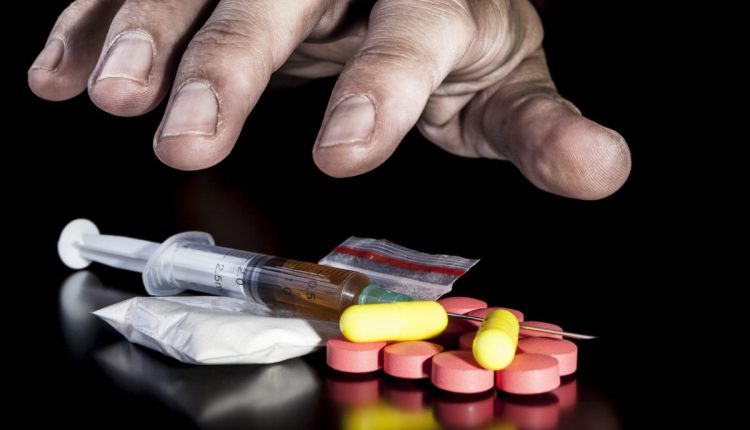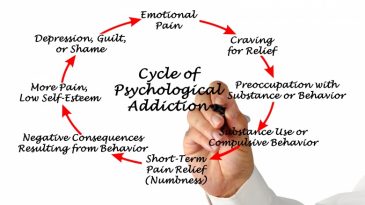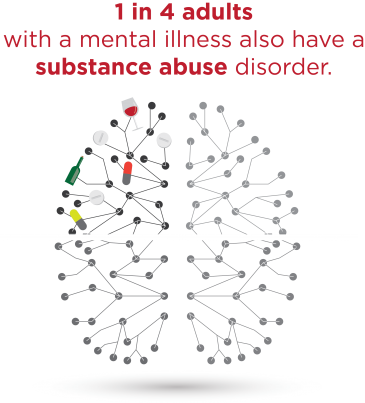
6 Things You Need To Know About Addiction And Substance Abuse
What is it?
Alcohol/substance addiction is a brain disorder that causes drug seeking even when the behavior meets adverse consequences. It is a chronic disorder that often goes through many stages of relapse. With continued abuse, the reward sections of the brain or dopamine receptors are affected. This can likely cause an increase in the intake of the substance to feel the continued level of satisfaction.
6 things you need to know about addiction:
- Initially, taking drugs or alcohol is voluntary. However, continued use ultimately effects self-control. Which means an addict cannot simply stop using even if he/she wants to- the whole process requires treatment.
- Addiction doesn’t just affect the user but also families, the economy and the society. Crimes, addiction treatment, injuries and accidents caused by being under the influence- all make up the cost of addiction. As substances lower inhibitions, it leads to an increase in irresponsible and possible violent behavior.
![]()
- Whether or not a person is prone to becoming an addict depends on their risk factors and protective factors. Risk factors increase the risk of addiction, for example: aggressive childhood, absent parents, poverty. Whereas, protective factors decrease the risk, for example: positive relationships, good self-control and self-esteem. Biological and genetic elements play a role in determining how the drug effects a person whereas environmental factors can determine early use and administering a particular substance.
Read: Four Ways To Recover From Addiction
- Addiction can be treated but it is a complex process. Recovery addresses addiction on many levels: social, physical, psychological, financial. Recovery aims to approach all these aspects of life with certain theories that will help a patient cope appropriately. Dr. Eric Mason of Lighthouse Recovery Center says that often residential treatment can be a big help for an addict starting on the path to recovery, allowing them to separate themselves from triggers in their regular lives while having access to trained mental health professionals to support them.
- Relapse is sometimes inevitable on the path to recovery and does not indicate failure. Many recovered addicts initially go through several relapses before finally kicking the habit. Relapse allows a medical care professional to assess the previous treatment and alter it and choose a different, perhaps more effective method of treatment.
![]()
- Treating underlying mental health illnesses will not necessarily treat addiction. However, it is also true that some illnesses could lead to an increased risk of addiction.



